Pulsating: Nakhane says they wanted ‘Bastard Jargon’, which features Raphael Saadiq, Nile Rodgers and Moonchild Sanelly, to make people move and dance. Photo: Alex de Mora
‘I just didn’t have it in me to write an honest, sad ballad the way I have written before. I felt like I was spent in that particular frame.’
Five years after the release of their devastating second studio album You Will Not Die — which gave us a glimpse into their life’s journey of discovery — Nakhane is back with a new album called Bastard Jargon.
It was written and recorded while they were living in South Africa but Nakhane has since moved to London.
“London is interesting, particularly as an immigrant, but I am happy. It is home now. I feel like my roots are starting to get a little bit deeper here. But I miss home. Imimba yami (my roots), as we would say in isiXhosa, will always be in South Africa.’’
Nakhane has been up to a lot since You Will Not Die dropped in 2018. They duetted with Anohni; have been cited as an inspiration by Madonna; sung the role of Siddhartha in a musical with Elton John and Christopher Plummer; acted in the feature film Two Eyes and a screen adaptation by Debbie Tucker Green of her play Ear For Eye and performed alongside Glenn Close and Patti LuPone in John Cameron Mitchell’s podcast musical anthem with Cynthia Erivo, Homunculus.
They have also written numerous newspaper and magazine articles and Nakhane says there is another novel on the way.
The singer says You Will Not Die wasn’t exactly a party album and felt it when it was time to perform a 2pm slot at festivals.
“The sun is glaring down on us and I’m singing these sad songs to people who just want to dance and I thought, ‘I can’t keep crying for people. I want to write an album that has movement in it.’ You know?”
“I just didn’t have it in me to write an honest, sad ballad the way I have written before. I felt like I was spent in that particular frame. To do it would have been redundant and a little bit boring, to me, maybe not to other people, but to me,” says Nakhane.
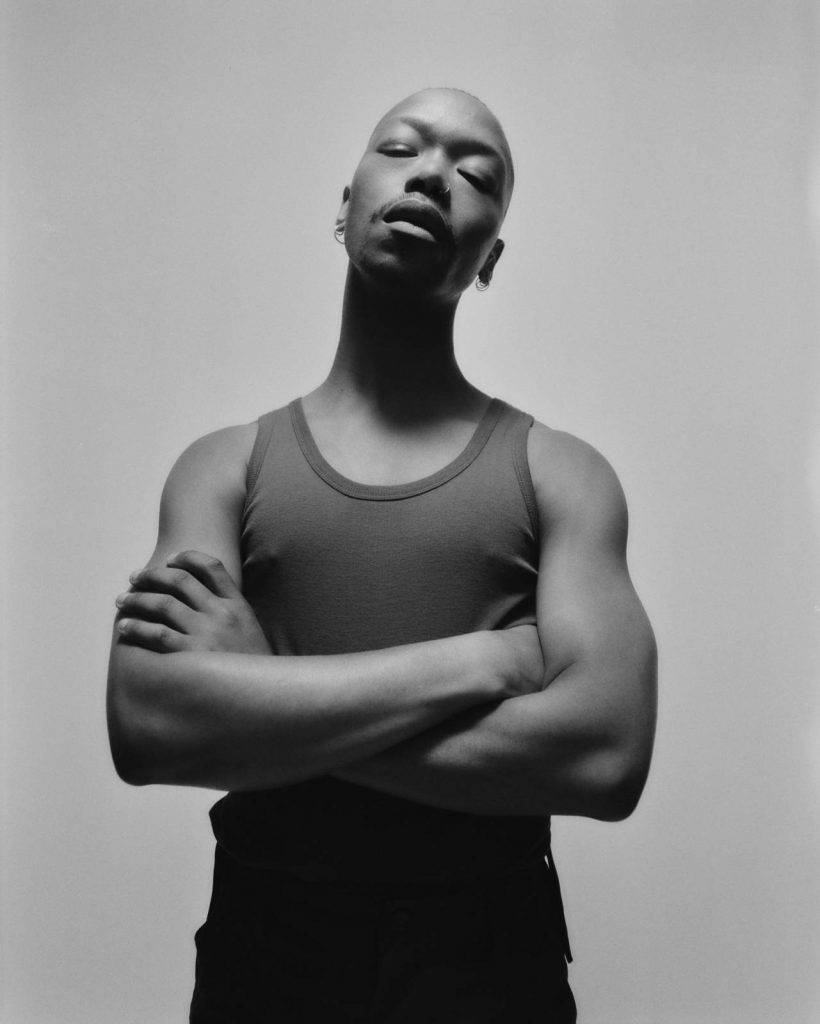
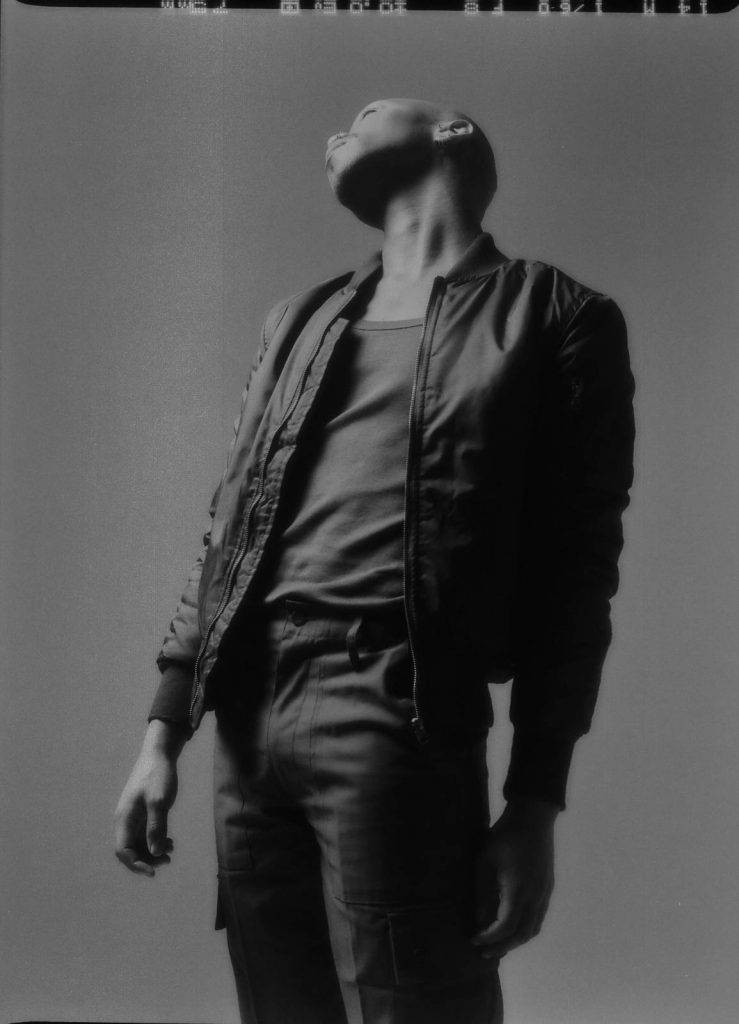
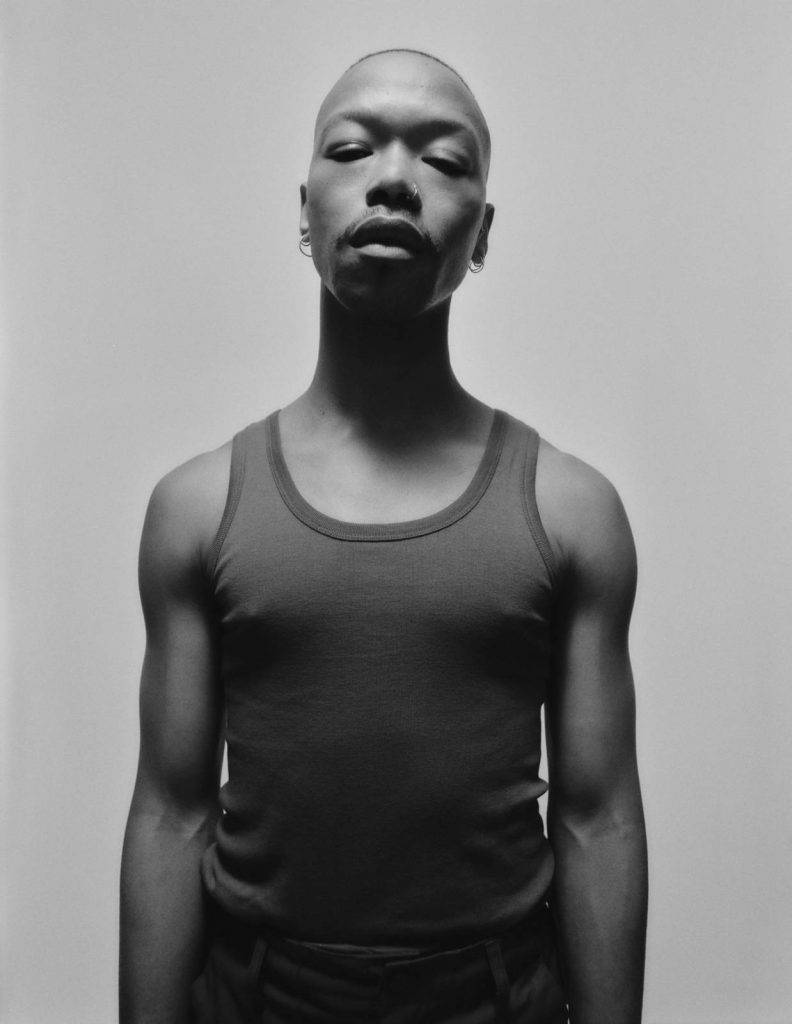
Enter Bastard Jargon, an album with grit, sass and with sounds that pulsate so much you are forced to get on your feet and move.
It was written over 18 months in the Portuguese capital Lisbon, Ghent in Belgium and in London, Oxfordshire and Hastings in the UK.
“I wanted to make [the kind of] loud, rude, upbeat album that I have never made before. I actually thought that You Will Not Die would be that album but, with the subject matter I was dealing with, it just didn’t make sense to do that,” says the 35-year-old.
“There have always been clues that I would make an album like this. If you listen to Clairvoyant, Interloper and even Christopher,” Nakhane says.
They had a fascination with rhythm and percussion during the making of Bastard Jargon and this tells you how different the album is to their previous body of work.
“I was layering the drum machines before anything else. Normally, they are additives, they are what you add to give spice to the song whereas, this time around, they were the foundation. Then I would add the melody and then add chords if the song needed chords, which is why it was so hyper-kinetic because it was all about movement,” they say.
Nakhane says there are a few artists that inspired the sound they decided to go with while making Bastard Jargon.
“I was obsessed with Halloween by TKZee, which I think is one of the most brilliantly produced albums of all time.
“I know it doesn’t sound like it, but during the production work for Bastard Jargon the album, I was really listening to Wu-Tang (36 Chambers). I liked how it was mixed. There is something so rambunctious and wild about that album.”
They also mention Trompies, Lebo Mathosa and Donna Summer. Nakhane says they wanted to pull from music that was not desperate.
To realise this vision they had for Bastard Jargon, they got in the legendary Nile Rodgers as executive producer.
“I was on a TV show called Later with Jools Holland and I knew that Chic was playing and I was going to be there. There were murmurs of Nile Rodgers knowing who I was and would possibly like to meet me.
“I was flattered and really fucking scared. I was in my makeup room, laying on those barber chairs with footstools doing my makeup when Nile came in. As I was getting up to greet him, I tripped on the footstool and I literally fell into his arms and he caught me. Something out of a romcom and also so humiliating,” says Nakhane.
The pair exchanged numbers and Nakhane thought Rodgers did it simply because he is a nice person. A while later, as they were starting to work on Bastard Jargon, they told Rodgers they would like him to do some production work on their album. He did not respond immediately but, when he did, he showed a keen interest in working with Nakhane.
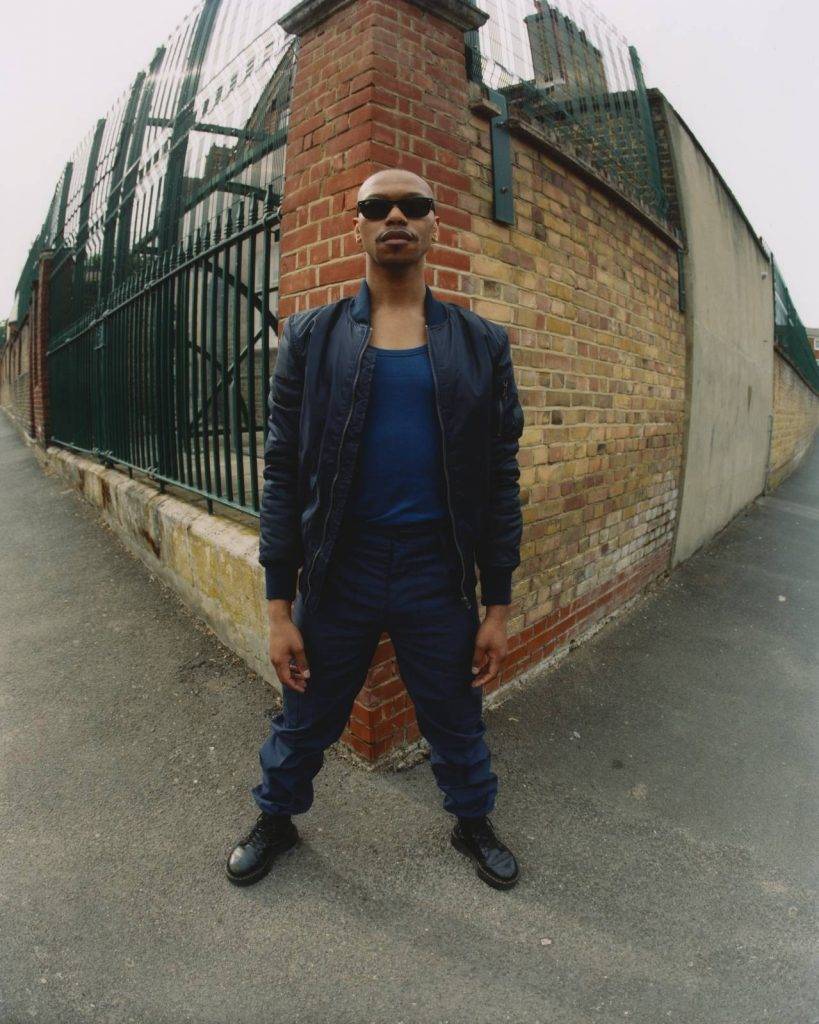
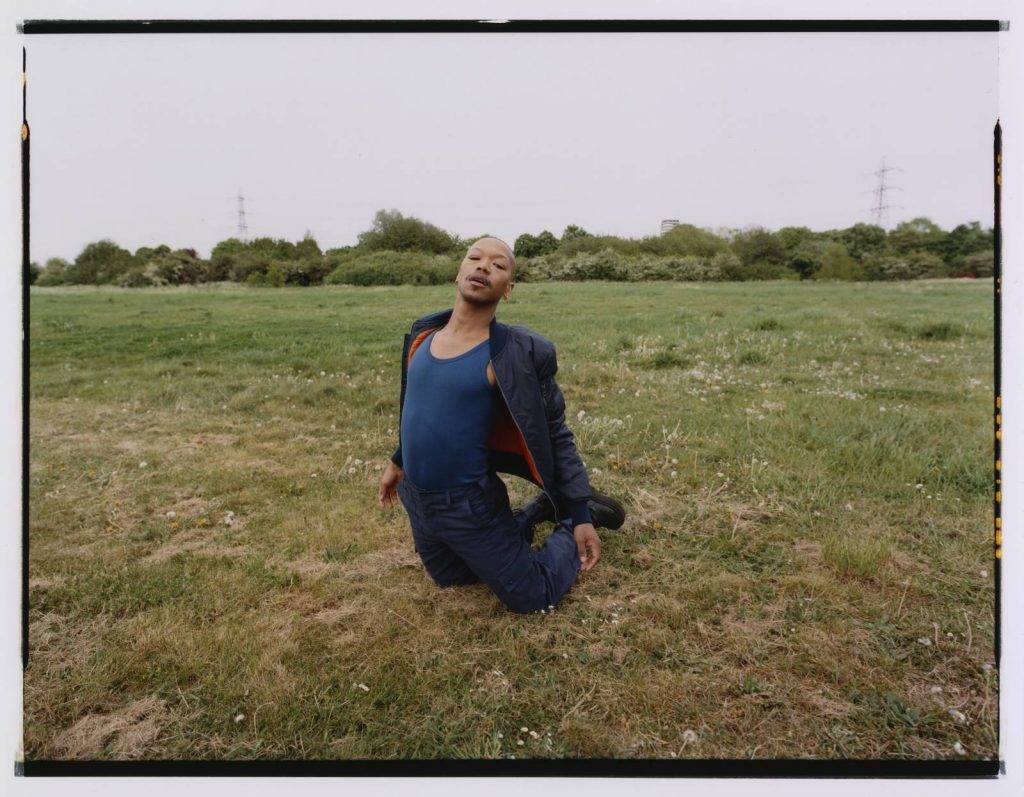
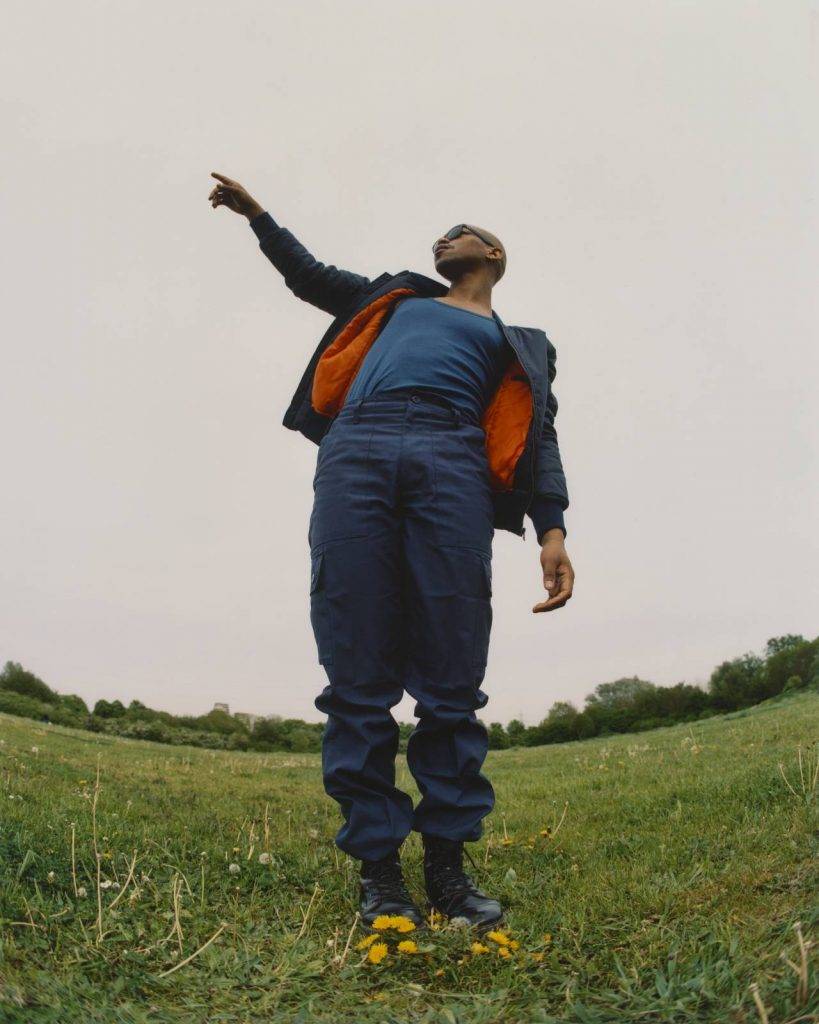
Rodgers plays on the second track Tell Me Your Politik, where Moonchild Sanelly gives a fierce verse singing, “I once dated a boy/who always changed on me/when strangers’ around/it really hurt/the sex was bomb/the change was kak.” The verses are raunchy, vulnerable and savage. Nakhane says: “I wanted it to sound like a pack of wolves barking, saying, ‘Unless you get your politics right, I’m not gonna fuck you.’”
Nakhane says the collaborations happened remotely because of the lockdown restrictions, however, they saw that as a blessing in disguise: “I had total control of everything; I could say no to certain things.”
The South African singer, real name Nakhane Mahlakahlaka, also says they enjoyed working with Raphael Saadiq, who plays bass on Hold Me Down. Nakhane tells Apple Music, “The bass is actually by Raphael Saadiq. It’s simple, but it travels. It walks, it walks around the melody, which he’s so good at.”
All 10 songs were written, or co-written, and co-produced by Nakhane, who also has an engineering credit on most of the tracks.
They want the album to make people feel good. “I have made people cry for a long time.”
“There is this great interview with Toni Morrison where she talks about writing The Bluest Eye and how the book is dark and has sad parts in it, but that she wanted to have characters that are full of life and hope, because life has that,” says Nakhane.
“I just don’t want to be known as a person who writes ‘make-you-cry music’. Don’t get me wrong, some of the lyrical content in this album has been some of the saddest things I have ever written, but I wanted the music to be hopeful. I wanted the music to make people feel good and I wanted to feel good making it.”













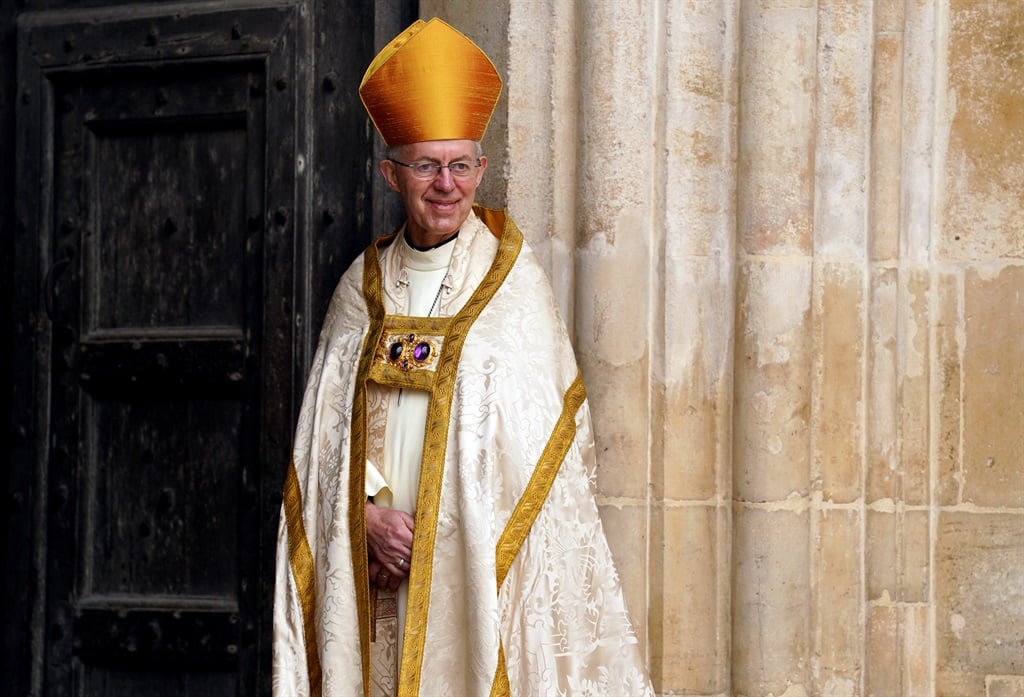
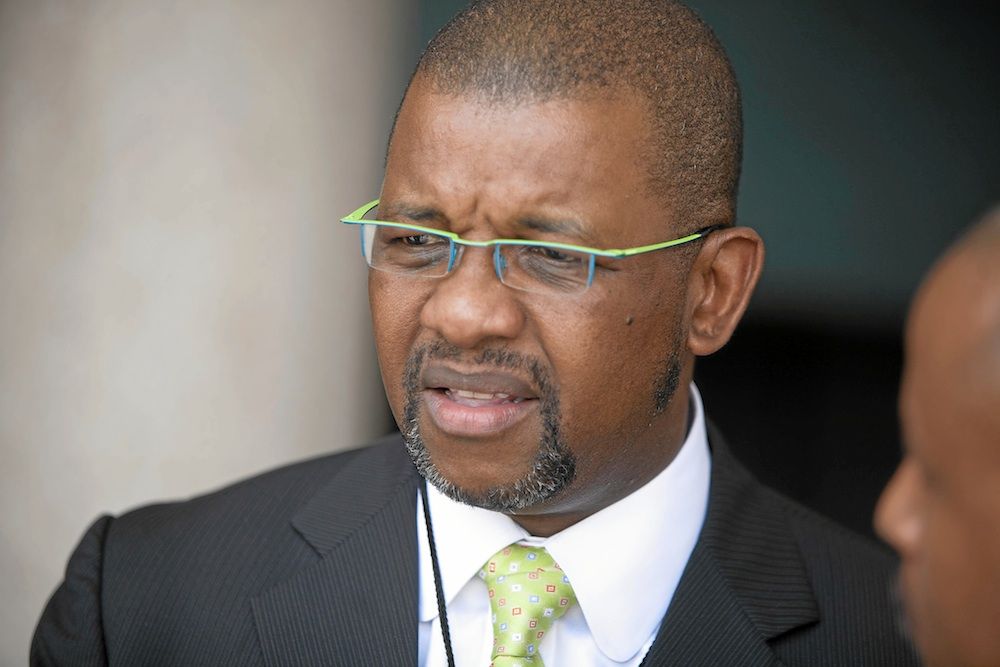



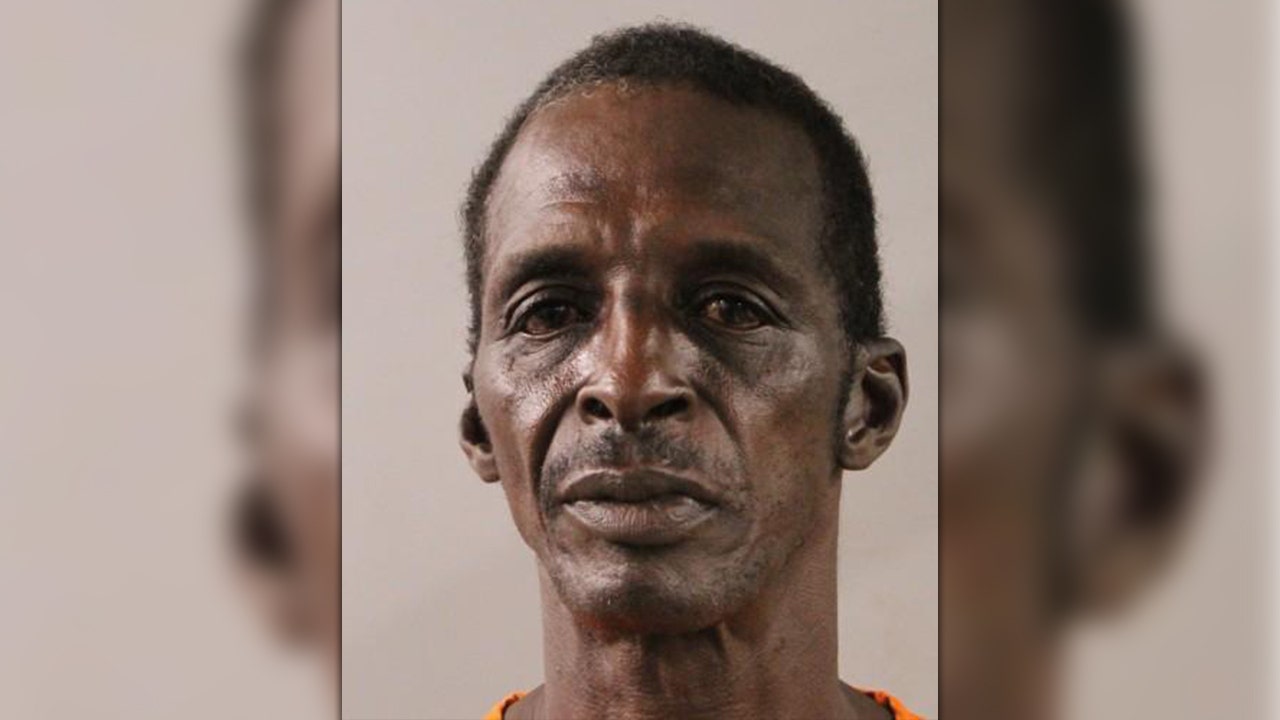


Discussion about this post